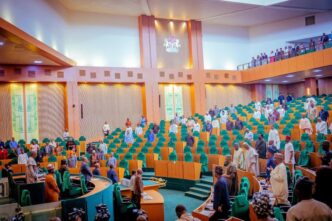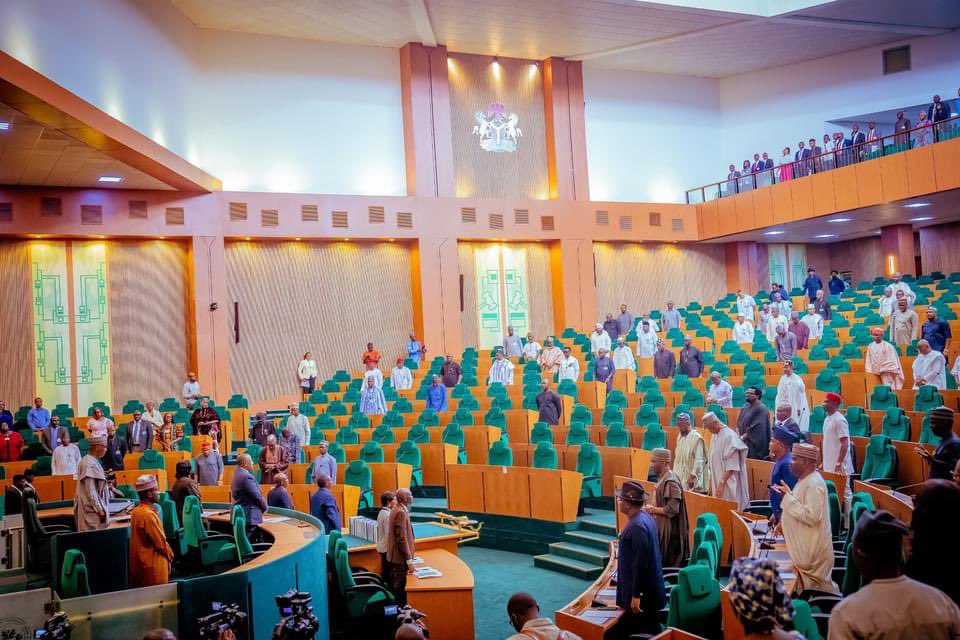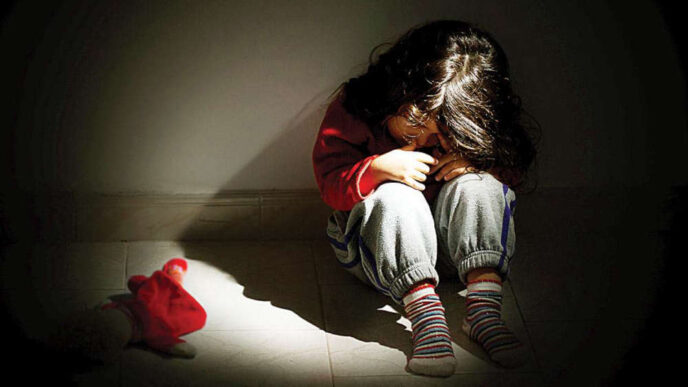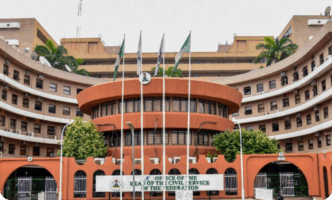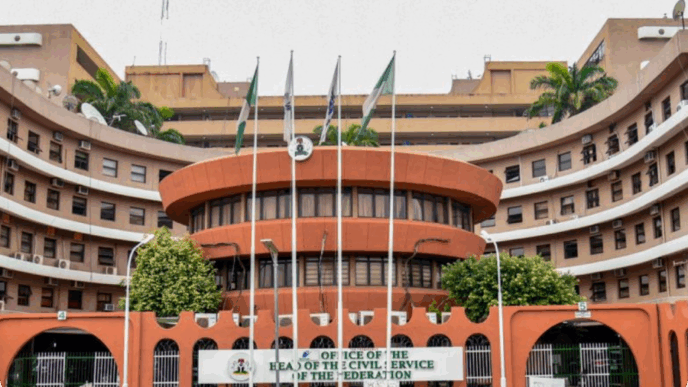The House of Representatives has launched an investigation into the utilisation of $4.6 billion in international aid grants received between 2021 and 2025, citing continued high mortality rates from HIV, tuberculosis, and malaria despite the massive funding.
In a motion adopted on Wednesday, lawmakers expressed concern that the grants — provided largely by the United States Agency for International Development (USAID) and the Global Fund to Fight AIDS, Tuberculosis and Malaria — had not yielded expected improvements in Nigeria’s public health outcomes.
The House warned that without urgent oversight and a reevaluation of current strategies, Nigeria risks missing the United Nations Sustainable Development Goal (SDG) of ending epidemics of major communicable diseases by 2030.

Lawmakers also noted that Nigeria accounts for 31% of global malaria deaths and ranks first in Africa and sixth globally for tuberculosis cases. The motion further highlighted that the U.S. President Donald Trump administration, since returning to office in January, has led foreign aid cuts, drawing warnings from humanitarian groups about risks to vulnerable populations in Africa.
The House mandated its Committee on HIV/AIDS, Tuberculosis and Malaria Control to conduct a month-long investigation into the use of the funds and propose legislative measures to enhance accountability and improve disease control outcomes.
Additionally, the lawmakers observed that the U.S. President’s Emergency Plan for AIDS Relief (PEPFAR) contributed $6 billion during the same period to support HIV/AIDS treatment and strengthen Nigeria’s health system.
Despite these investments, Nigeria still recorded 51,000 AIDS-related deaths in 2023, ranking third globally, according to the motion.


 Trending
Trending 
